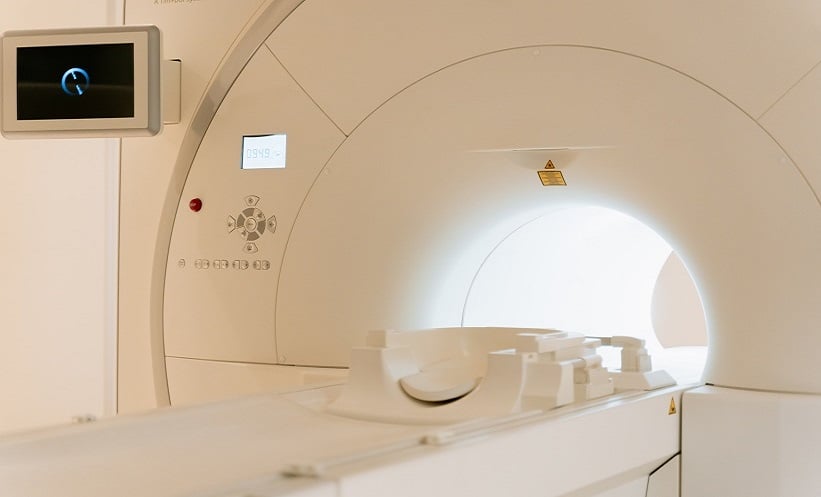RADIOLOGISTS distinguishing between acute diverticulitis (AD) and colon cancer (CC) via CT images had a significant increase in diagnostic performance owing to a deep-learning artificial intelligence (AI) model. AD is a common gastrointestinal cause for hospital admission, with a significant disease burden. The imaging modality of choice is contrast-enhanced CT, where the imaging signs include bowel wall thickening, fat stranding, swollen local lymph nodes, and the presence of diverticula, which are not specific to AD. Sebastian Ziegelmayer, a radiology resident at the Institute of Diagnostic and Interventional Radiology at the Technical University of Munich, Germany, and colleagues, stated: “However, radiologic differentiation from its most important differential diagnosis, colon cancer, remains difficult due to an overlap of imaging features.”
The researchers assessed the diagnostic performance, sensitivity, specificity, positive predictive value, and negative predictive value of a deep-learning algorithm in differentiating between CC and AD on CT images, in a single-centre, retrospective study. This involved analysing the medical records of 585 patients who had undergone surgery between July 2005 and October 2020. Within this sample, 318 had CC and 267 had AD. The data sets were divided into training (74.4%), validation (15.4%), and testing (10.2%) groups.
A 3D convolutional neural network (CNN), as an AI support system, was created using images of diseased bowel segments and surrounding mesentery from CT scans. Consequently, 10 board-certified radiologists and radiology residents were assigned with classifying the testing cohort, firstly without the AI support, then with the support.
Compared with the mean radiologist sensitivity and specificity, the 3D CNN achieved a higher sensitivity for the test set (83.3%; 95% confidence interval [CI]: 70.0–96.6 versus 77.6%; 95% CI: 72.9–82.3) and specificity (86.6%; 95% CI: 74.5–98.8 versus 81.6%; 95% CI: 77.2–86.1). For all readers, AI support improved sensitivity from 77.6% to 85.6% and specificity from 81.6% to 91.3%. AI support also reduced false-negative findings from 78.5% to 86.4% and false-positives from 80.9% to 90.8%.
The researchers highlighted that they “developed a 3D CNN that can be implemented as an AI support system for the differentiation of CC and AD based on CT images,” and “AI support led to a significant increase in diagnostic performance of board-certified radiologists and radiology residents.”








